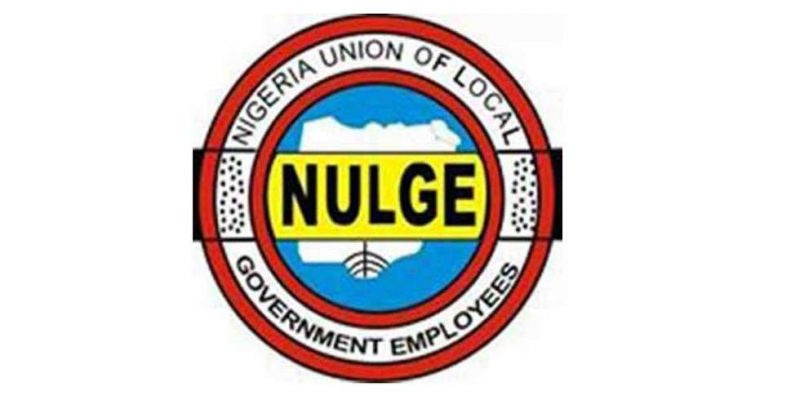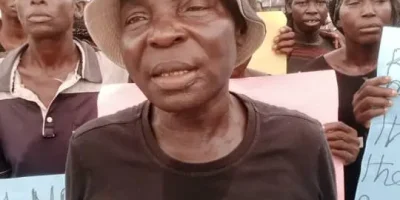Abiodun OBA
The Nigeria Union of Local Government Employees have said governor Kayode Fayemi of Ekiti and his Ondo state counterpart, Rotimi Akeredolu are the major problem behind the realisation of both political and financial autonomy for the third tier of government in the country.
While commending the President, Major General Muhammadu Buhari (retd.), governors Nyesom Wike of Rivers State and Mohammed Badaru of Jigawa State, as well as other governors for openly supporting local government autonomy, NULGE advised Fayemi and Akeredolu not to send a wrong signal as if the current administration was not capable of handling the problems of the local governments.
Recall that Fayemi, had during the opening session of a two-day multi-stakeholders’ meeting for the furtherance of peace and inclusive security in Nigeria organised by the Nigeria Governors’ Forum, in collaboration with the Centre for Democracy and Development, in Abuja recently, condemned calls for local government autonomy, saying the issues about the third tier of government should be left to the states to decide.
Fayemi faulted the call for local government autonomy, saying, “The principle of federalism is very clear about the federating units. The local government, as a federating unit, is a unique innovation in Nigeria. I have not seen it in any research work or in any book on federalism.”
But in a statement issued by NULGE on Wednesday and signed by its National President, Ambali Olatunji, the union said Fayemi’s outburst was unpatriotic, self-serving, anti-people and clearly against the position of Buhari and the All Progressive Congress government.
The NULGE President said, “It has been discovered that the ruling party, under the leadership of President Muhammadu Buhari, meant well for Nigeria with members of the National Assembly condemning theft and criminality done to the local governments. The sudden outburst of governors Kayode Fayemi of Ekiti State and Rotimi Akeredolu against local government autonomy is unpatriotic, self-serving and anti-people.
“We advise that the ruling party should concentrate on providing the dividends of democracy and good governance to the people and offsetting backlogs of unpaid salaries of which the funds have yet to be accounted for in their states. The neglect of rural roads in these two states should be their utmost concern, where kidnapping and insecurity have become the order of the day.”
Olatunji commended other governors, who had identified with Nigerians on the need for local government autonomy, adding, “We must commend Governor Nyesom Wike and his counterpart, Badaru, and so many other governors for openly supporting local government autonomy. We equally appeal to the governors of Ekiti and Ondo states not to send a wrong signal as if the ruling government is not capable of handling the problems of the local governments.”
NULGE appealed to the southern leaders to disregard the anti-people position of Fayemi and Akeredolu and to “be mindful of these desperate political actors for them not to draw your good names in the mud.”
“Let us ask these political actors how they use the finances and powers since this political dispensation. Your role and contribution to nation building in the past is salutary and highly commendable. Can you, therefore, say that the local government of your time is the same as that of today where you are no longer safe in your community for the fear of kidnapping, insecurity, decay in infrastructure, lack of political will and impunity, among others which have forced you to remain out of your community to stay in urban areas like Lagos, Abuja, abroad etc,” the union added.
Olatunji pointed out that a functional as well as political and financial autonomous local government system would douse the clamour for regional restructuring and address the myriads of problems confronting Nigeria, adding that the neglect of local governments had increased rural poverty by leaving the rural communities without access to good roads, functional health care services, portable water, electricity and good education.








Comments